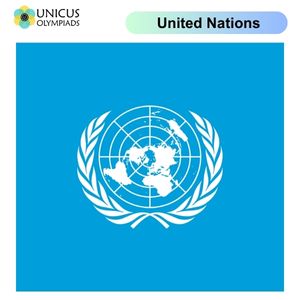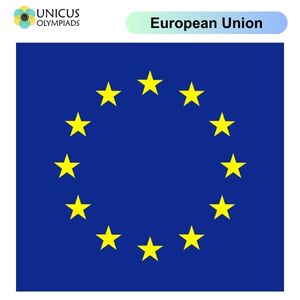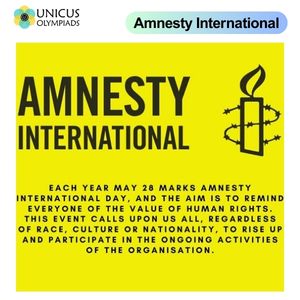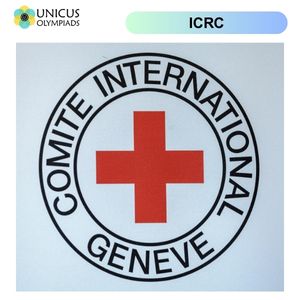

International organizations like the United Nations (UN), along with other global bodies, have played a key role in promoting peace, security, and cooperation among nations. One of the most important ways these organizations advocate for peace is through powerful phrases and slogans that capture the essence of their missions. These phrases resonate across borders, inspiring action, dialogue, and collaboration to address global challenges. This article explores some of the most influential phrases used by the UN and other global groups to promote peace and prevent conflict, examining their origins, significance, and lasting impact on international relations and peacebuilding efforts.

The United Nations (UN) is perhaps the most well-known international organization dedicated to promoting peace, security, and cooperation. Founded in 1945 after the devastation of World War II, the UN was created with the goal of preventing future conflicts, fostering dialogue between nations, and promoting human rights and social progress. The UN's influence and power come from its ability to bring together 193 member states, all of which work collaboratively to solve global problems through diplomacy, peacekeeping, and international law.
This phrase is used in the UN’s 2030 Agenda for Sustainable Development, which sets out 17 Sustainable Development Goals (SDGs). These goals aim to address global challenges, including poverty, inequality, climate change, environmental degradation, peace, and justice. The phrase "Peace, Dignity and Equality on a Healthy Planet" emphasizes the interconnection between sustainable development, social justice, and peace. It underscores the idea that peace cannot be achieved without addressing issues such as poverty, inequality, and environmental destruction.
The phrase “We the Peoples” comes from the opening line of the preamble to the United Nations Charter, which begins: “We the peoples of the United Nations, determined to save succeeding generations from the scourge of war…” This phrase signifies that the UN is founded on the collective will of the global population and that its mission is to serve the interests of people worldwide, not just governments or elites. The phrase captures the UN’s commitment to upholding the principles of democracy, human rights, and social justice.
This phrase is often used by the UN in reference to its work in promoting international justice and human rights. It underscores the idea that lasting peace cannot be achieved unless justice is served. This includes holding perpetrators of war crimes and human rights abuses accountable, ensuring that individuals’ rights are protected, and fostering societies where the rule of law prevails. The phrase has been used by various UN bodies, including the International Criminal Court (ICC), which prosecutes individuals for crimes such as genocide, war crimes, and crimes against humanity.
In addition to the UN, many other global organizations also play crucial roles in promoting peace. These organizations often use powerful phrases and slogans to communicate their commitment to peace, cooperation, and human rights. Some of these groups include the European Union (EU), Amnesty International, and the International Committee of the Red Cross (ICRC).
The European Union (EU) is an economic and political union of 27 European countries that was established to foster economic cooperation, promote peace, and prevent further conflicts in Europe after the devastation of the two world wars. The phrase “Unity in Diversity” is the official motto of the EU and reflects the idea that, while its member states have diverse cultures, languages, and histories, they can work together in unity to achieve shared goals, such as peace, prosperity, and human rights.

Amnesty International is a global human rights organization that campaigns to end human rights abuses and promote justice for individuals worldwide. Its slogan, “Human Rights for All,” encapsulates the organization’s mission to ensure that every person, regardless of nationality, ethnicity, or status, enjoys the fundamental rights and freedoms guaranteed under international law.

The International Committee of the Red Cross (ICRC) is an international humanitarian organization that provides assistance to those affected by conflict and violence. The ICRC’s slogan, “Restoring Family Links,” emphasizes the organization’s work to help reconnect families separated by conflict, disaster, or migration. In addition to providing emergency aid, the ICRC focuses on protecting the lives and dignity of victims of armed conflict and ensuring respect for international humanitarian law.

Powerful phrases and slogans used by international organizations are crucial in promoting a culture of peace, cooperation, and mutual respect. These phrases help to convey complex messages in ways that resonate with people worldwide, fostering a sense of shared responsibility for maintaining peace and security. By using clear, concise, and inclusive language, these organizations encourage individuals, governments, and societies to work together toward common goals, such as ending conflict, promoting justice, and upholding human rights.
Peace-promoting phrases help encourage dialogue between nations, communities, and individuals. Phrases like "We the Peoples" from the UN Charter and "Unity in Diversity" from the EU emphasize the importance of inclusivity and collaboration, reminding us that peace is not just the absence of conflict but the presence of understanding and cooperation. Such language fosters mutual respect and emphasizes the importance of dialogue in resolving disputes and addressing global challenges.
The slogans used by global organizations often serve as calls to action, urging individuals and nations to actively participate in efforts to create a more peaceful world. These phrases challenge us to consider our role in promoting peace and holding ourselves accountable for the collective well-being of humanity. The phrase “Peace, Land, and Bread” from the Russian Revolution, for example, mobilized people to take part in the struggle for economic and political justice, while “I Have a Dream” from Martin Luther King Jr.’s speech continues to inspire the fight for racial equality and justice.